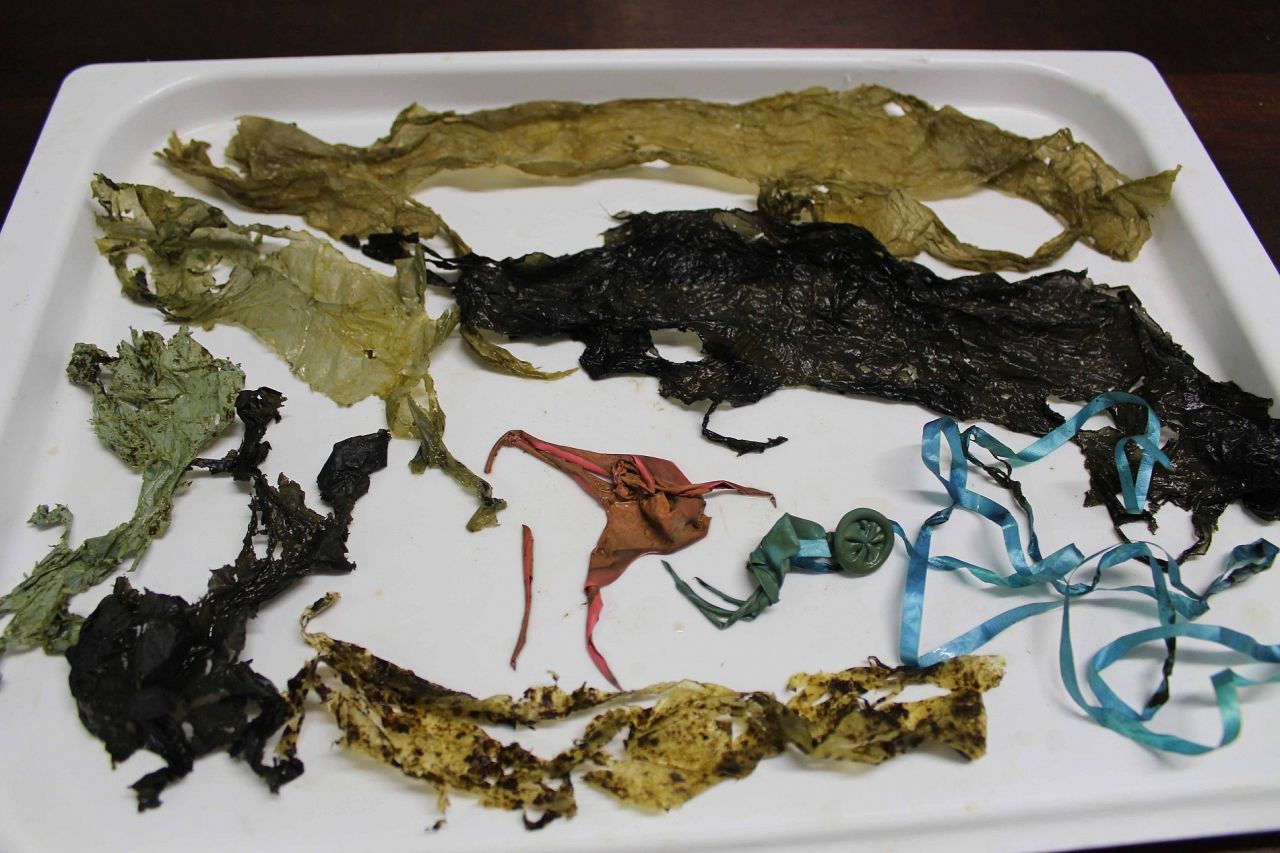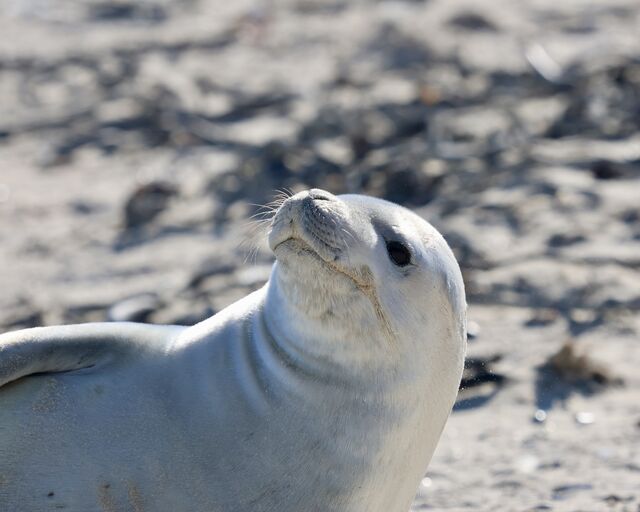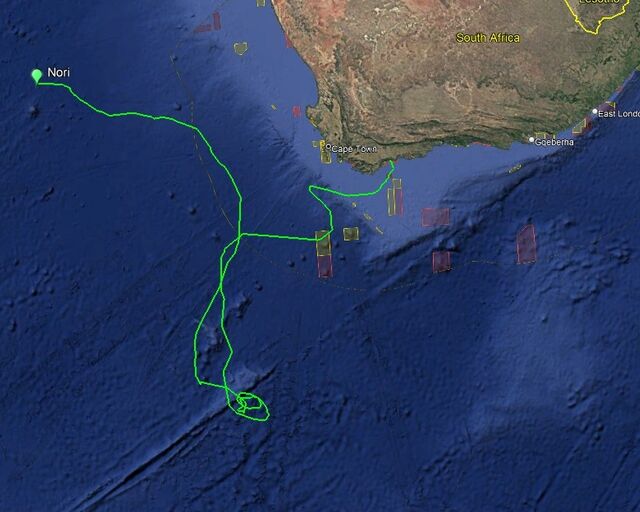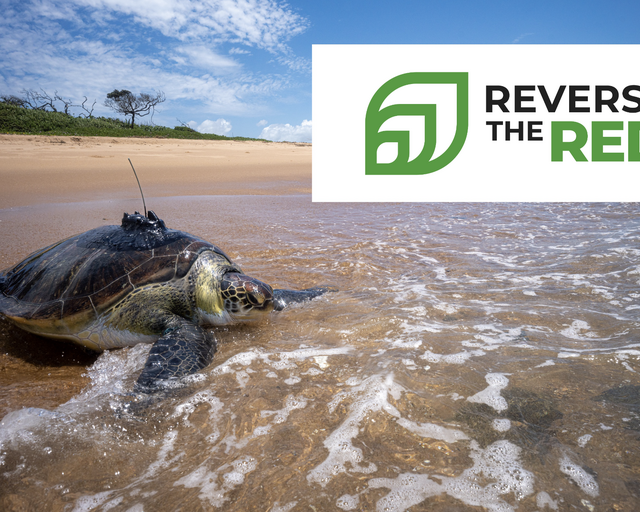A few weeks ago, the Two Oceans Aquarium Foundation and The Good Machine hosted One Blue Heart, a blue-carpet, one-of-a-kind event for the Turtle Conservation Centre. The evening was based entirely around sustainable choices: zero-waste catering, slow fashion, art for a cause, and people united by a desire to have a positive impact. One Blue Heart raised funds and awareness for the Turtle Conservation Centre, which aims to expand into a standalone, state-of-the-art centre for rehabilitating marine animals. FNB was a key supporter of the event, generously sponsoring tables and fuelling the drive towards the Foundation’s goals. Not to mention the incredible food that was served on these tables…
The turtles from the Turtle Conservation Centre have inspired us to take a closer look at our impact on the ocean as consumers. The One Blue Heart event aimed to illustrate this point by looking at human consumption; what we eat, how we dispose of the plastic materials used to package our food products, and how we can change the cycle of waste.
What is zero-waste catering?
Over 300 million tons of plastic are produced annually, half of which goes into single-use items, such as shopping bags, cups, and straws. More than 8 million tonnes of plastic end up in our oceans, where it traps and drowns marine wildlife or is mistaken for food and ingested. Of the turtles admitted to our rehabilitation programme last year, 71% suffered from plastic ingestion or entanglement. Zero-waste catering is just one way in which we can break this cycle. The global zero-waste movement aims to divert 90% of our waste from landfill.
Zero-waste catering implies that no (or as little as possible) food or packaging waste is left behind after the meal. The kitchen staff uses reusable, recyclable, or compostable packaging and sustainable food products, disrupting the demand for single-use plastic and wasteful food packaging. Zero-waste initiatives encourage sustainable food choices such as local, eco-friendly products. One Blue Heart aimed to disrupt the inherent cycle of waste within the food industry, showcasing that even black-tie events can be eco-conscious.
With food uniquely tailored by One&Only Cape Town's Chef Jacques Swart, One Blue Heart represented the official launch of a new stage of the V&A Waterfront’s zero-waste initiatives. This includes a Zero-Waste Chef Training programme, where chefs working at one of the food outlets within the V&A Waterfront train towards a zero-waste philosophy. Many restaurants in the Waterfront are already on their way to zero waste through efforts to redirect edible food excess, compost scraps, and eliminate single-use plastics. “Zero-waste in the food space is part of the broader movement to reduce our impact – to do the best we can with whatever resources we have,” says David Green, Chief Executive of the Waterfront.

One Blue Heart
Chef Jacques Swart was challenged to create a dinner that adopted a zero-waste ethos throughout conceptualisation, preparation, and presentation. In choosing products, Swart bought in-season, local products with minimal compostable or reusable packaging. He also used a “top to tail” approach, utilising every part of the product in the meal. Ethical filters were used in procuring all animal products. For example, eggs were free-range, the fish was locally line-caught, and honey was extracted without harming bees. Nothing was wasted: vegetable peelings went into stock for lamb sauce and fish bones into a velouté. Fresh, local cream was churned to make butter, and the whey was used in a dessert element. Finally, the leftovers that returned from the guests’ tables went into composting.
Swart is passionate about the zero-waste journey. “To waste food is to waste resources. Whenever we waste food, we waste energy, water and more. Food connects us all in some way or another and to not proactively take part in this is to not accept responsibility. When we waste food, we waste life, our greatest gift”, says Swart.
How can I go zero-waste?
It may seem daunting to go zero-waste, but it is highly possible, even in your own home or work environment. Here are a few tips to get you started:
- Avoid single-use plastics. This may seem obvious, but it’s a good place to start. Invest in a collection of glass or stainless steel cutlery and crockery – the turtles will love you for it.
- Invest in a set of cloth produce bags. Instead of using those flimsy plastic bags for your veggies, why not buy or make reusable cloth bags?
- Turf the tea bags. Most tea bags actually contain microplastics which end up in our ocean. Rather buy loose-leaf tea and store it in a glass jar.
- Green up your fashion. Check out your local thrift shop for some unique clothing pieces or shop from sustainable, local brands.
- Compost your food scraps. Your compost heap could be as small as an ice cream container – simply by composting, you help to shrink landfill sizes and reduce greenhouse gas production.
The One Blue Heart gala dinner has proved that it’s possible to hold a black-tie event that meets the challenge of the Zero Waste movement. Most importantly, the event inspired positive action for the future of turtles. You can also be a part of the zero-waste movement – even steps that seem small add up to big, positive change.


